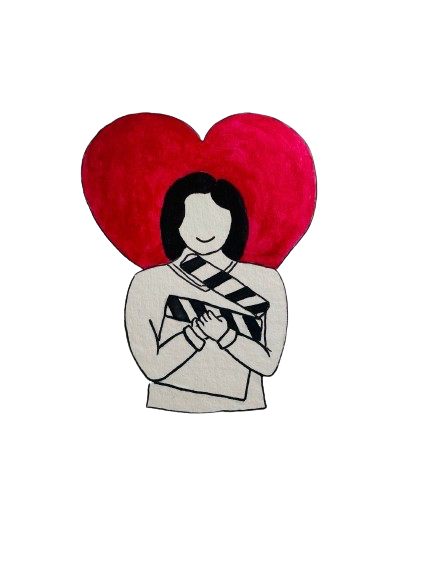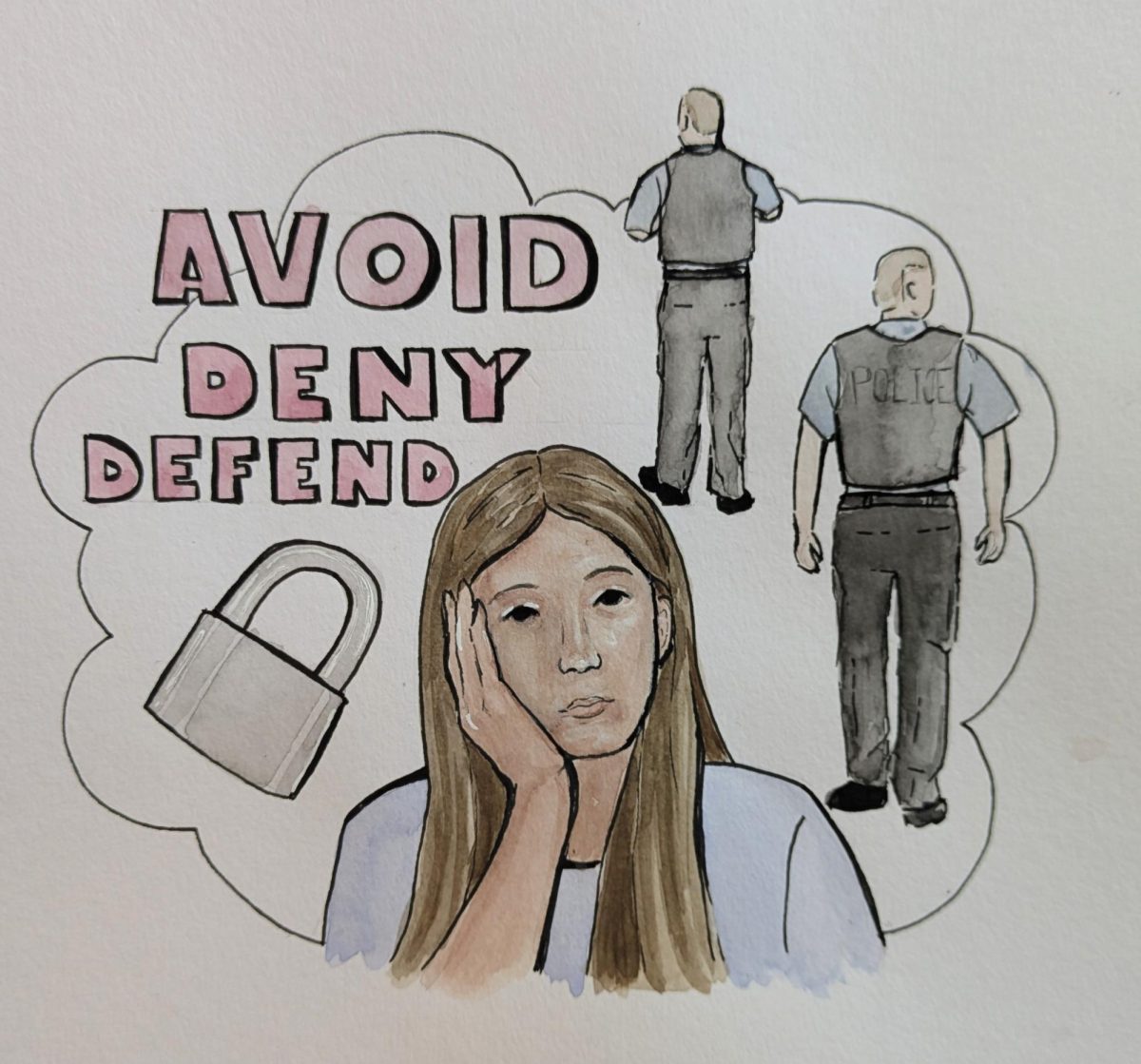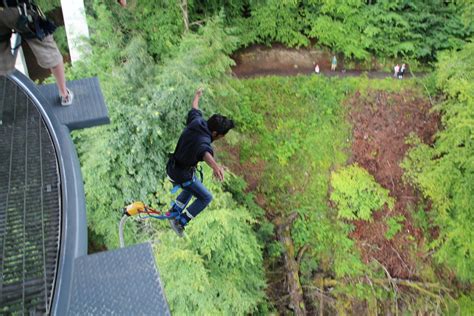This previously ran in our April 2024 issue.
On March 12, millions of American Muslims celebrated the beginning of Ramadan, the lunar month when able-bodied Muslims fast from all food and drink (no, not even water) from sunrise to sunset. This month constitutes a time of reflection for those fasting, as they engage in increased prayer, recitation of the Qur’an, and increased contributions to charity. Ramadan constitutes a spiritual journey of self-discipline, and is incredibly rewarding to those observing.
Every day of Ramadan begins with a pre-dawn meal, known as suhoor or sehri. After fasting the whole day, Muslims will break their fast with a dinner at sunset, called iftar. Those who are fasting try to eat a heavy meal and drink lots of water to last through the day. Then, they begin their fast until sunset. During these hours without food or drink, most Muslims try to go about their daily routine as much as possible, not allowing hunger or thirst to impede on their normal lives.
Ramadan, while shifting in timing every year, is undoubtedly my favorite annual occurrence. The festive atmosphere both at home and in the mosque is unmatched to any other time of the year. Iftars specifically are often large meals involving the whole community, bringing together families and friends together across the world. I reconnected with friends I had not seen in months this Ramadan, as we started seeing one another weekly for iftars at our mosque. Aside from that, I feel a sense of awe and amazement to be part of a 1,400-plus-year-old tradition honored by billions of Muslims across various countries, languages, and centuries.
Avoiding eating and drinking during sunlight hours is not as difficult as one may imagine — it truly is an issue of mind over matter. I felt most hungry at times when I normally ate lunch and dinner, as my body had not fully adjusted to the new eating schedule I adopted over the course of the month. Still, the hunger minimally impacted my ability to do schoolwork and other tasks I had to complete.
One of the reasons Muslims like myself fast during Ramadan is to feel the plight of those suffering from hunger throughout the world. It teaches us to be grateful for everything we have: whether that be our food, the people in our lives, or everything else. When we feel hunger or thirst, we can, to some extent, understand the pain for those for whom this feeling is constant. These feelings cultivate empathy for others, regardless of race, religion, or background. Thus, Ramadan becomes a time of almsgiving, another pillar of Islam.
Ramadan as a whole is not simply about abstaining from food and drink. It is about working to become a better person, an improved version of your current self. Muslims strive to be kinder to others especially. This can be a challenge for many, as being hangry and crabby is certainly a symptom of not eating all day. Self-discipline does not apply to simply consuming food, but also to our actions and words. Being more conscious of our actions during Ramadan ultimately leads to self-improvement in our attitudes towards others, from family, to classmates, or even to close friends.
Looking back on the month, I realize Ramadan’s impacts often extended to my friends as well. Several of my friends and teachers became more conscious about eating around me, so as not to tempt me. While seeing others eat during fasting never bothered me, I nonetheless appreciated the consideration I received from all of them. Additionally, multiple classmates, some of whom I don’t know well, came up to me, curious about more Ramadan traditions. Their questions, openness, and curiosity gave me hope in America’s future. Ignorance leads to fear, and in a time of rising Islamophobia, dispelling misconceptions about Islam and Muslims is more important than ever before.
Ramadan officially ends on the first day of the next lunar month, Shawwal, with a festival known as Eid al-Fitr. The holiday is often commemorated with special prayer services, gift-giving, and communal meals, among other celebratory activities. The end of Ramadan is always a bittersweet occurrence: yes, it marks the end of a (for some, difficult) month-long session of fasting, but also means bidding farewell to Ramadan’s rejuvenating spiritual atmosphere.
Next year will mark my last Ramadan at home before college. This realization indicates for me the transition of one chapter of life to another, leaving within me a twinge of sadness as I will eventually leave the community I’ve always known and loved. However, I am also grateful that I had the opportunity to be raised in this great community. I’m thankful I had the chance to learn from the example of all the kind, generous, and steadfast individuals around me for the past 16 Ramadans, and many more to come.
Inshallah.








